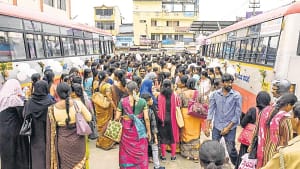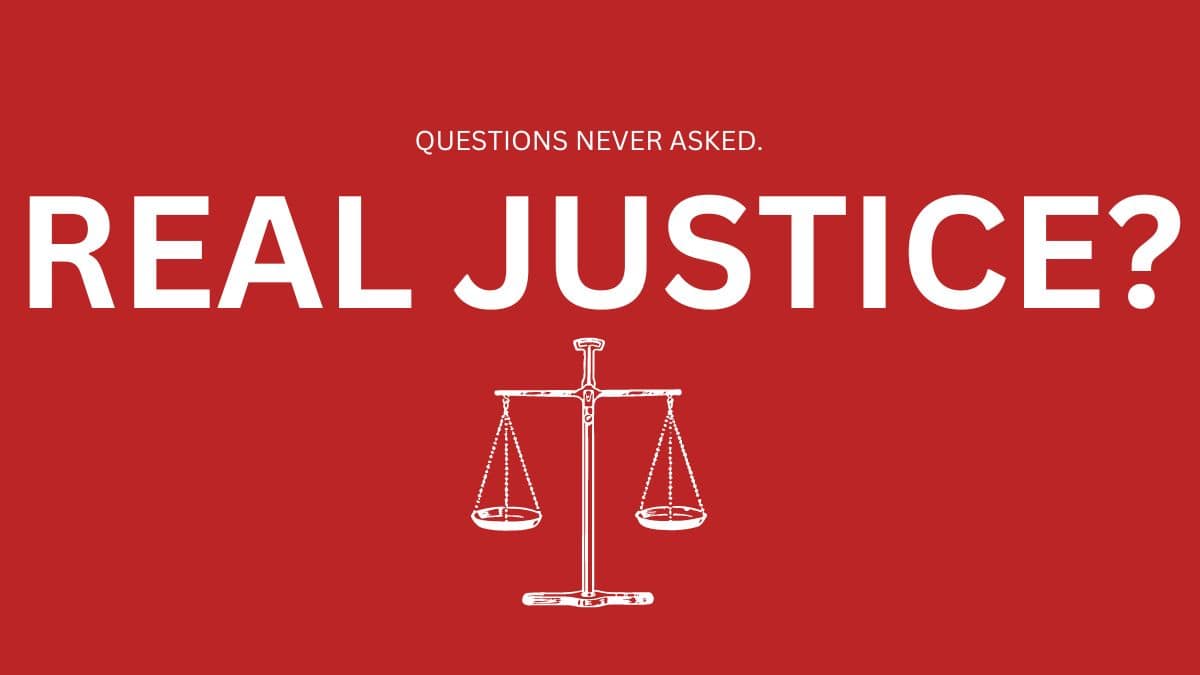Mumbai, September 25, 2024 — In a dramatic turn of events in the Badlapur sexual assault case, the family of one of the victims has taken their fight for justice to the Bombay High Court. They demand an investigation into the police custody death of Akshay Shinde, the accused, who reportedly died during what authorities described as “retaliatory firing.” This shocking incident raises fundamental questions about the integrity of our judicial process and the very essence of justice in our society.
Shinde, a 24-year-old contractual sweeper at a local school, was arrested on August 17 for allegedly assaulting two minor girls. While his death has been framed as a consequence of an attempted escape, the family is right to question how a detained individual could overpower police officers and disarm them, leading to such drastic measures. How does a person in custody manage to pose a threat significant enough to warrant a lethal response? Could it be that police protocol was not adhered to, or does this incident suggest deeper systemic issues within our law enforcement agencies?
The family’s plea emphasizes that Shinde’s untimely death effectively robs the victim of her constitutional right to a fair trial and access to justice, as protected under Article 21 of the Indian Constitution. This begs the question: how can justice be served if the accused is denied his day in court? Is it not the cornerstone of our legal system that all individuals, regardless of their alleged crimes, are entitled to a fair trial?
Moreover, the call for a Special Investigation Team (SIT) to present a detailed report on the circumstances surrounding Shinde’s death is both necessary and urgent. What measures are in place to ensure transparency in investigations involving police actions? The plea highlights the need for the preservation of all relevant evidence, including CCTV footage and jail records. Yet, one must wonder: will these requests be met with the seriousness they deserve, or will they be brushed aside as mere formalities?
Shinde’s arrest sparked protests across Maharashtra, reflecting a collective outrage over the protection of children within educational institutions. The establishment of an SIT to investigate the allegations is a positive step, but it raises further questions: How effective can this SIT be if the very processes that should safeguard justice are now under scrutiny? Are we merely putting a band-aid on a festering wound, or are we committed to reforming the system to ensure genuine accountability?
As this high-profile case unfolds, the community is left grappling with the essential question: Can the legal system truly deliver justice when its processes are in question? The demand for accountability echoes loudly, and the forthcoming response from the Bombay High Court will not only impact this case but also set a critical precedent for how we perceive justice and fairness in our society.
In a world where the quest for justice often intersects with complexities of power and authority, we must ask ourselves: Are we willing to fight for a system that serves all, or will we continue to let our voices be silenced by the very structures meant to protect us? The pursuit of justice for sexual assault survivors must transcend mere rhetoric; it requires actionable change and unwavering commitment. The stakes could not be higher.




















